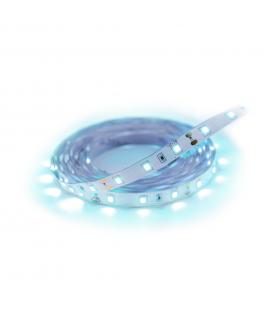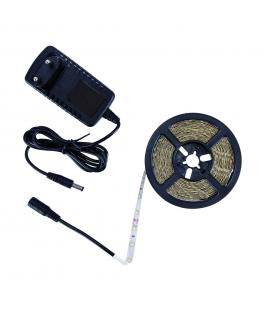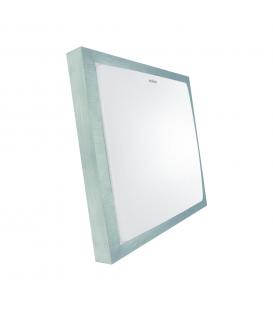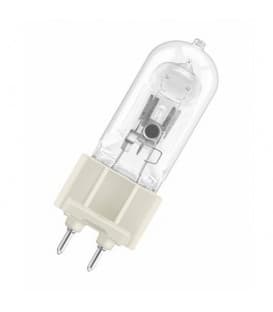Digital Addressable Lighting Interface - DALI

DALI, which stands for Digital Addressable Lighting Interface, is a widely used protocol and communication standard in the lighting industry. It is specifically designed for controlling and managing lighting systems in commercial and industrial buildings. DALI enables digital communication between lighting devices such as ballasts, LED drivers, sensors, switches, and controllers.
Here's a more detailed explanation of DALI:
Individual Device Control: One of the primary advantages of DALI is the ability to control individual lighting fixtures or groups of fixtures independently. Each DALI device has a unique address, allowing precise control over its brightness, color, and other parameters.
Two-way Communication: DALI is a bidirectional protocol, meaning that lighting controllers can send commands to devices, and devices can also provide feedback and status information back to the controller. This two-way communication enables real-time monitoring and adjustment of lighting conditions.
Flexibility: DALI systems are highly flexible and can accommodate various lighting scenarios. You can create different lighting scenes, set timers, and respond to occupancy or daylight sensors. This flexibility is valuable in environments where lighting needs change frequently.
Energy Efficiency: DALI systems are known for their energy efficiency. You can easily implement energy-saving strategies like dimming, scheduling, and occupancy-based control to reduce energy consumption.
Scalability: DALI networks can be scaled to accommodate small or large lighting installations. You can add or remove devices without disrupting the overall system.
Compatibility: DALI-compatible products are widely available in the market, including LED drivers, ballasts, sensors, and controllers. This compatibility ensures that you have a range of options when designing and expanding your lighting system.
Addressable and Group Control: DALI allows you to address individual fixtures or group them together for simultaneous control. This is useful for creating lighting zones or areas with specific lighting requirements.
Integration: DALI systems can be integrated into building automation systems, allowing lighting control to work in conjunction with HVAC, security, and other building functions.
In summary, DALI is a digital communication standard designed for advanced lighting control and management in commercial and industrial spaces. Its ability to provide granular control, two-way communication, energy efficiency, and scalability makes it a popular choice for modern lighting systems.
Buy now Electronic Dimmable DALI Ballasts for Precise Lighting Control






